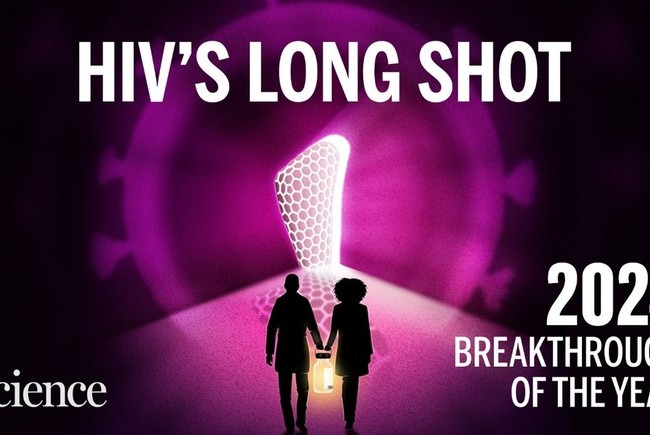Orthopaedic curriculum alterations breed more engaged students
24 November 2023 | Story Kamva Somdyala. Photos Robyn Walker. Read time 4 min.A change in teaching approaches to orthopaedic education has yielded a healthy culture of co-creation and understanding, according to Professor Michael Held, the director of the University of Cape Town’s (UCT) accredited Orthopaedic Research Unit, who delivered his inaugural lecture on 16 November.
Identifying the problem was effortless, according to Professor Held. “We realised that our medical students were not doing too well … they didn’t retain knowledge and couldn’t pass exams and we realised we had very short contact time with them. We had a month to teach them orthopaedic care and then they had to go to private practice or primary service and treat a lot of patience; and there was a huge disconnect with that,” he noted.
Held, who titled his lecture “Right Down to the Bone – Orthopaedic Training and Education”, serves as a consultant in the Department of Orthopaedic Surgery at Groote Schuur Hospital. His primary focus lies in addressing local orthopaedic healthcare challenges by pursuing lean innovation and improving education and training in orthopaedic surgery.

Held and his colleagues have created a student-centered open-access teaching platform which aims to promote inclusivity and innovative thinking for medical students – and this has led to student-centred content co-creation and nurturing a sense of ownership in learning.
“We had a complete teaching revamp about seven to 10 years ago, where we tried to get people to become primary care physicians with an orthopaedic knowledge: and that should be symptom orientated. In other words, when they see a symptom in a patient that’s orthopaedic, it should be picked up by them and should be treated,” said Held.
To this end, he told a story of his visit to students at Harvard University where rather than being grouped in a hall for lectures, students divided themselves into smaller groups and set their own standards.
“We have a curriculum now that’s not just based on asking people, but also based on our real referral patterns in our hospitals.”
“There was no lecturer there and I was informed that what they were doing was problem solving and that’s how they learned. They learn how to communicate, identify weaknesses and strengths of their group plus learn from one another.
“It was a mindset shift for us to try and get closer to that. We wanted to own what we teach. So, we asked the question: What knowledge and skills should we teach? Not only to orthopaedic surgeons, but interns and students and to people who we want to reach. The list was long and had prioritised areas, and we could group that because we knew what they really wanted to learn: most of it was trauma and infections,” he said.
“We have a curriculum now that’s not just based on asking people, but also based on our real referral patterns in our hospitals in Cape Town. That allowed us to really ground our curriculum in the province.”
Content creation
The burning question was how to create the content. Held explained: “We involved students to get buy-in and talk in a language they speak to reach them a lot better. We had a list and we wanted to make a book. We wanted to augment that book with a few things that’s a bit more fun than reading.”
The book in question won the UCT Open Textbook Award in 2020. There is also a focus on student-created visual media to simplify complex orthopaedic concepts and make video content accessible to a broader audience through an open-access platform.
“Because there is a lot of input from students themselves, students have been seen to be more engaged in the content. We have tried to bring students in, flatten the hierarchy and create from within,” said Held.

He also spent time speaking about challenges orthopaedic registrars encounter, among other things, their training. “We realised we needed to integrate secondary-level hospitals in our teaching platforms. Three hospitals (Victoria, Mitchells Plain and Somerset) are currently benefitting because we have very good clinicians that teach people that become our registrars; they start to recruit good people into our system and from there, they teach them the basics: how to assess a patient, the first couple of procedures required as well as the culture of our department. That’s an important step that’s not often there. This has helped us elevate our offering.”
He concluded: “What helps in our clinical unit is that we enjoy learning and adding to our learning. We listen to students and registrars to understand how they want to train and to grow our team culture and ensure people can get out into the world.”
 This work is licensed under a Creative Commons Attribution-NoDerivatives 4.0 International License.
This work is licensed under a Creative Commons Attribution-NoDerivatives 4.0 International License.
Please view the republishing articles page for more information.
Faculty of Health Sciences News
.png)
In the wake of World AIDS Day on 1 December and at the conclusion of the 16 Days of Activism against women and child abuse we shine a light on the relationship between the HIV pandemic and gender.
11 Dec 2024 - 7 min read
























